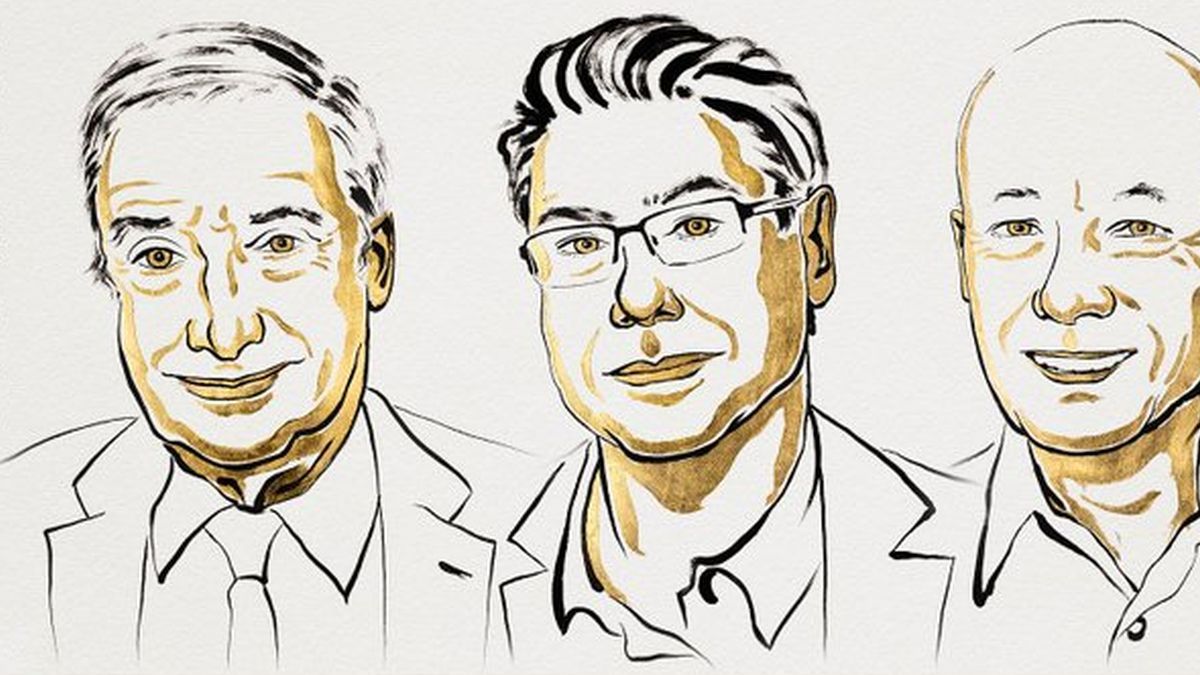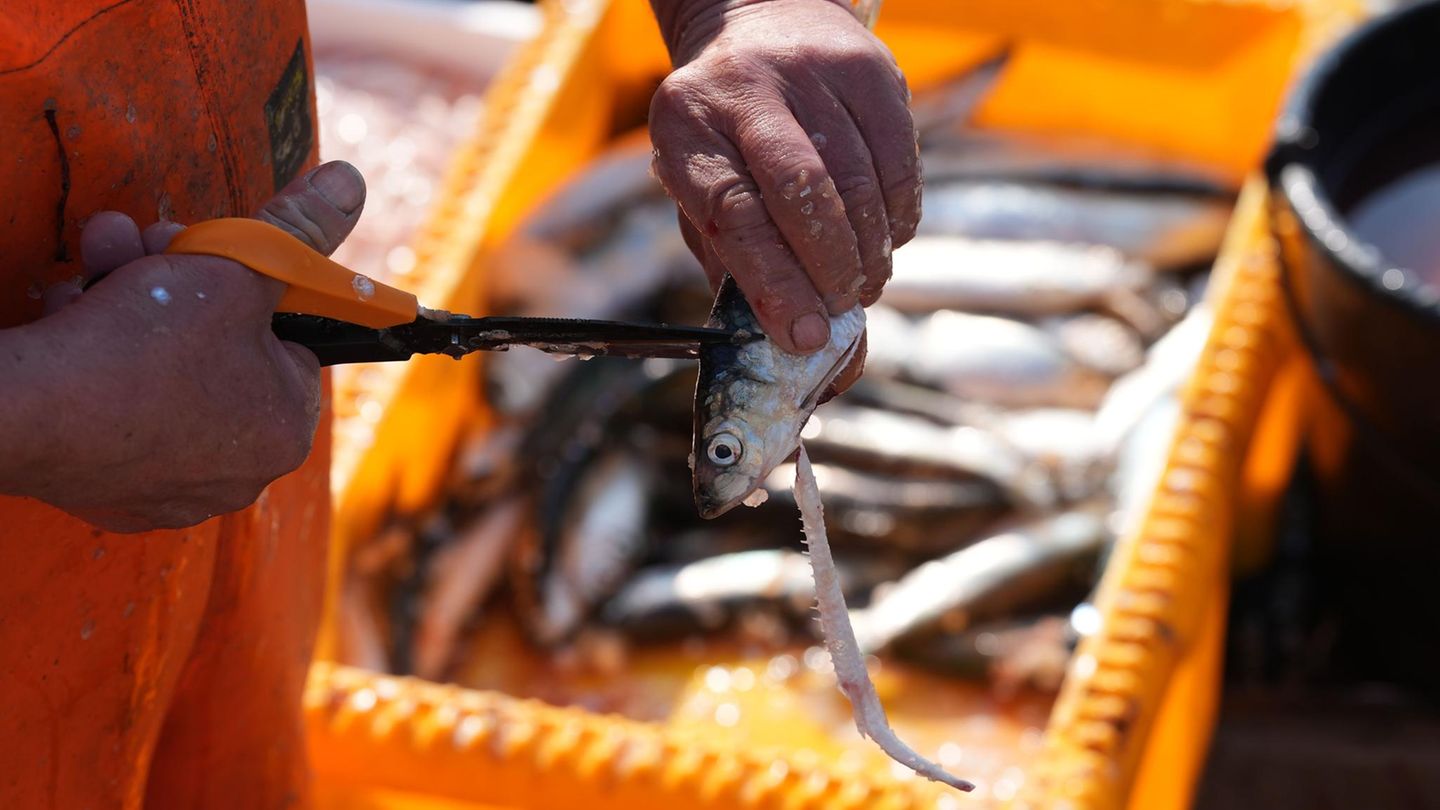I have been working in the news industry for over 6 years, first as a reporter and now as an editor. I have covered politics extensively, and my work has appeared in major newspapers and online news outlets around the world. In addition to my writing, I also contribute regularly to 24 Hours World.
Menu
Upheaval in Syria: HTS in Syria is seeking international support
Categories
Most Read
Klingbeil praises Trump on “Caren Miosga”: “Without him this wouldn’t have happened”
October 13, 2025
No Comments
Situation at a glance: Trump: Delivery of Tomahawk weapons to Ukraine possible
October 13, 2025
No Comments
Trump threatens Putin with Tomahawk delivery to Ukraine
October 13, 2025
No Comments
Domestic political crisis: France’s new government starts a turbulent week
October 13, 2025
No Comments
Gaza ceasefire: Ceasefire in Gaza – Will peace return to the Middle East?
October 13, 2025
No Comments
Latest Posts

Hamas frees last 20 Israeli hostages alive after two years in captivity
October 13, 2025
No Comments
October 13, 2025 – 07:25 Among those released there are three Argentines. The delivery of the bodies of the 28 deceased hostages who still remain

The 2025 Nobel Prize in Economics was awarded to Joel Mokyr, Philippe Aghion and Peter Howitt
October 13, 2025
No Comments
October 13, 2025 – 07:20 The economists receive the award “for having explained economic growth driven by innovation.” The 2025 Nobel Prize in Economics was

PFAS: Greenpeace warns about eternal chemicals in fish and shellfish
October 13, 2025
No Comments
CarolineI’m Caroline, a journalist and author for 24 Hours Worlds. I specialize in health-related news and stories, bringing real-world impact to readers across the globe.
24 Hours Worlds is a comprehensive source of instant world current affairs, offering up-to-the-minute coverage of breaking news and events from around the globe. With a team of experienced journalists and experts on hand 24/7.

